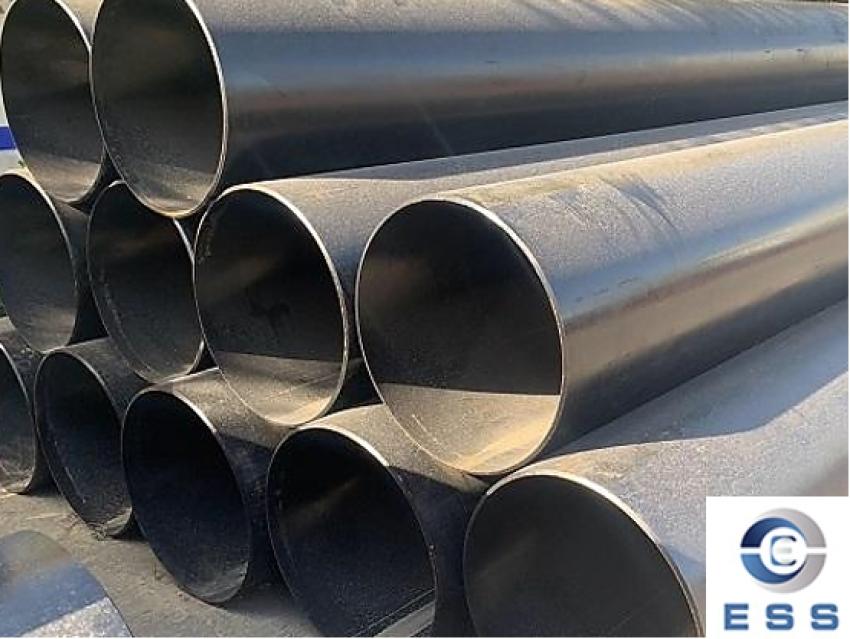
As the core equipment in industrial production, the selection of structural materials is crucial. Among them, carbon steel pipe occupies a pivotal position in boiler manufacturing due to their unique physical and chemical properties.
Material features of carbon steel pipes
Carbon steel pipes, mainly composed of carbon and iron elements, are made into tubular shapes through specific processes. This material has good strength and toughness and can withstand the high temperature and high pressure environment when the boiler is working. At the same time, the manufacturing cost of carbon steel pipes is relatively low, which makes it widely used in the boiler industry. According to the specific working conditions, low-carbon steel pipes are sometimes selected to further balance performance and cost.
High temperature resistance of carbon steel pipes
During the operation of the boiler, high temperature is inevitable. Carbon steel pipes can maintain stable physical and chemical properties in high temperature environments due to their excellent high temperature resistance, and are not easy to deform or damage. This feature makes carbon steel pipes an ideal material in boiler manufacturing.
Corrosion resistance of carbon steel pipes
In addition to high temperature resistance, carbon steel pipes also have certain corrosion resistance. Inside the boiler, the gas and moisture generated by fuel combustion may corrode the material. Carbon steel pipes can effectively resist these corrosion factors and extend the service life of boilers through special surface treatment.
Application of carbon steel pipes in boilers
The application of carbon steel pipes in boilers is mainly reflected in the following aspects:
1. Heating surface application
As the heating surface of the boiler such as water-cooled wall and superheater, these parts often use carbon steel pipes and some low-carbon steel pipes to ensure that they can withstand the scouring of high-temperature flue gas and provide good heat transfer efficiency.
2. Support structure
The overall stability of the boiler is inseparable from a solid support structure. In this field, not only carbon steel pipes are used to construct the main load-bearing components, but sometimes hydraulic pipes are also combined as auxiliary supports to ensure that the equipment remains stable under vibration and thermal expansion and contraction.
3. Connecting pipe system
In addition to carbon steel pipes, precision pipes that have been strictly processed may be used in the connecting pipes used to transport steam or water required by the boiler to ensure the sealing and pressure resistance of the pipeline.
Summary
In summary, carbon steel pipes for boilers play an important role in the boiler industry with their excellent performance. In the future, with the advancement of technology and the improvement of process, the performance of carbon steel pipes will be further improved, bringing more possibilities for boiler manufacturing.



